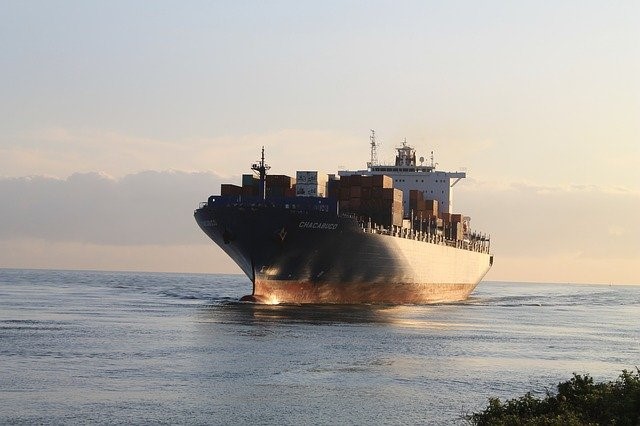Update Jan. 26, 2021: The U.S. Department of Commerce has announced a delay in the effective date of the Aluminum Import Monitoring and Analysis System from Jan. 25 to March 29. Licenses will no longer be required for covered aluminum product imports beginning on Jan. 25, as was previously stated in the final rule. Unless otherwise announced, the final rule will go into effect, and licenses will be required, beginning on March 29. Read more here.
Beginning Jan. 25, the U.S. Department of Commerce will require an import license for certain aluminum products. The Aluminum Import Monitoring and Analysis (AIM) system was outlined in a departmental rule published Dec. 23, which declares the establishment of an AIMS website; the requirement for importers, customs brokers, and their agents to apply for and obtain an import license for the specified products; the requirement that licensed applicants identify specific information about the products; the allowance for the public release of certain import license data on the public AIM monitor; and the application of the license requirement to all imports of “basic” aluminum products. There is no cost to register for a license, and the department will issue the license automatically upon registration.
The rule does not apply to imports of aluminum scrap, Adina Renee Adler, ISRI’s vice president of advocacy, says. However, it may apply to secondary aluminum products that are made from scrap, thereby affecting some processors and consumers of recycled aluminum. “It’s not a barrier or a prohibition—there are no quotas,” Adler clarifies. “It’s just an administrative step.”
“The open secret is that this is about ensuring that China does not use Canada and Mexico to ship aluminum and aluminum products into the United States … thereby circumventing the [Section] 232 tariffs and anti-dumping duties,” Adler says. The system springs from an agreement the United States made with Canada and Mexico in 2019 as a condition for the United States to remove 232 tariffs on aluminum and aluminum products from Canada and Mexico. Canada and Mexico are expected to implement similar tracking systems, Adler says.
Early registration for the license application system is available through the U.S. Department of Commerce.










